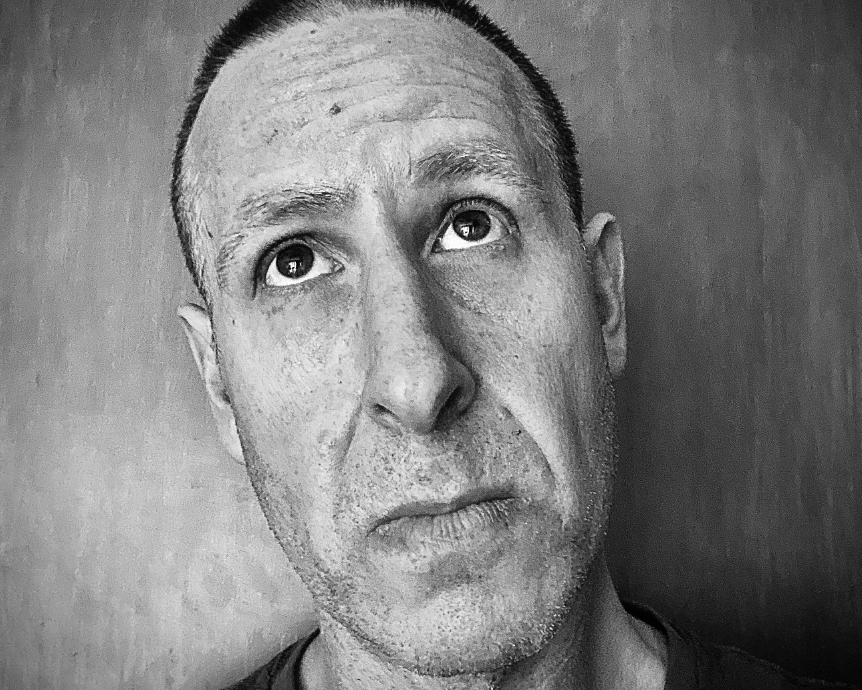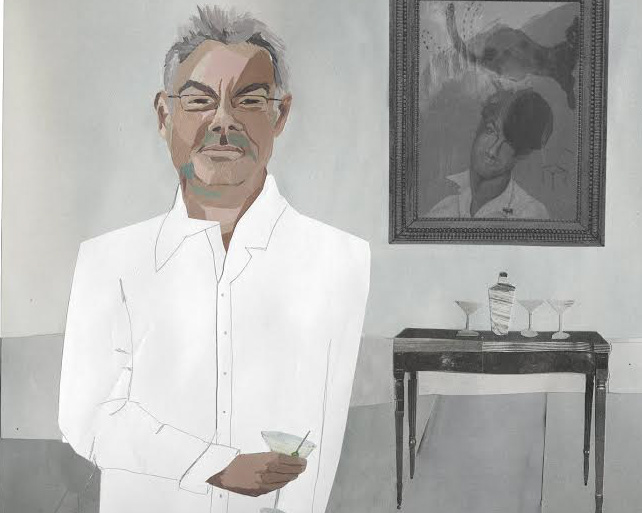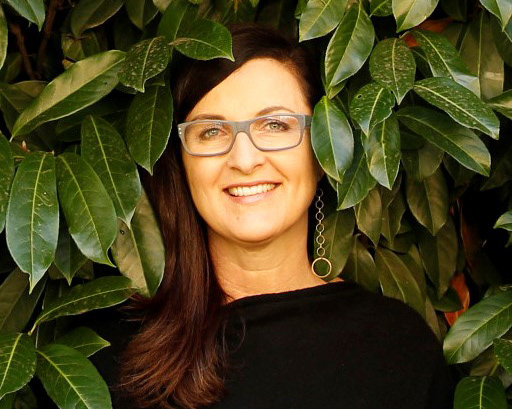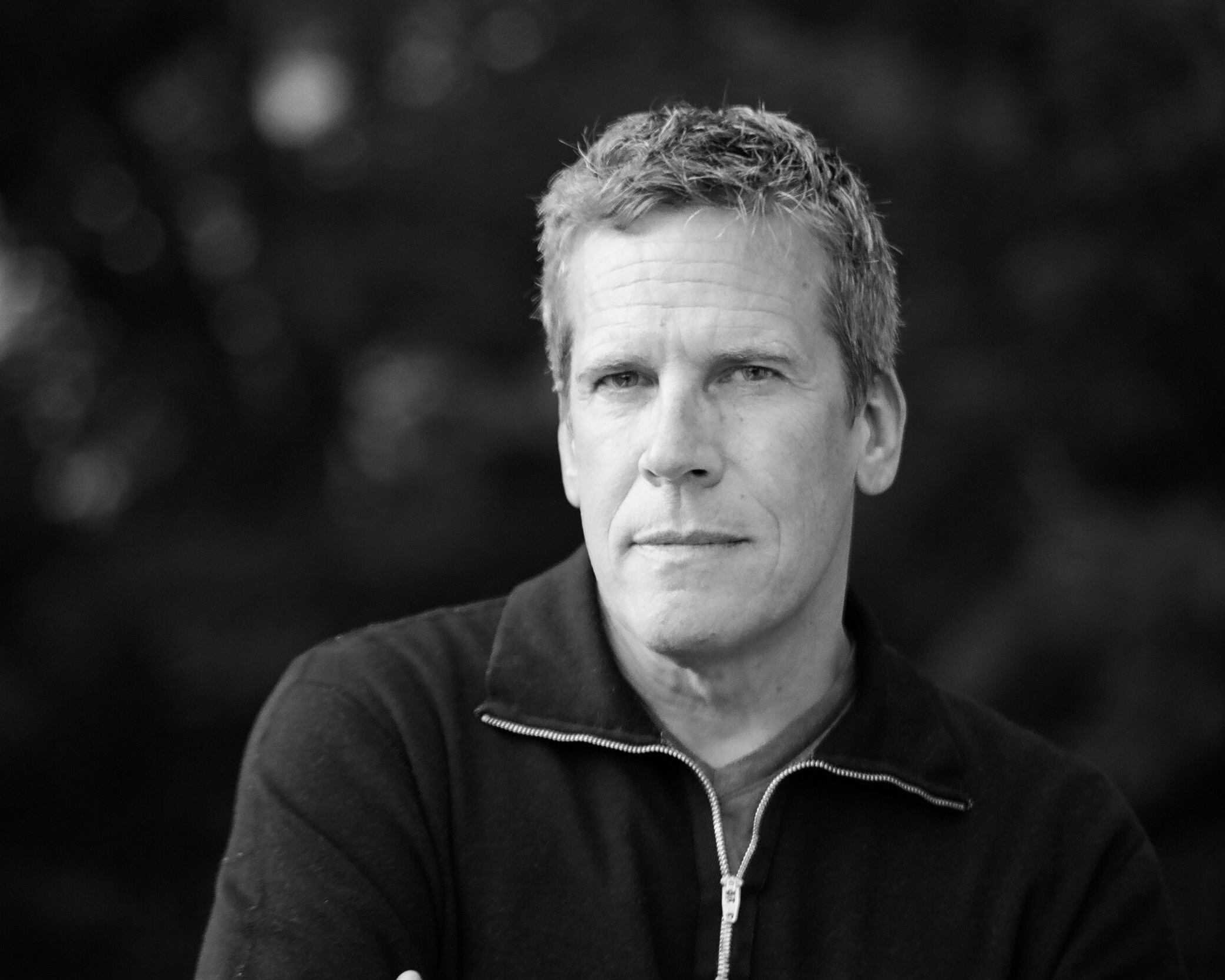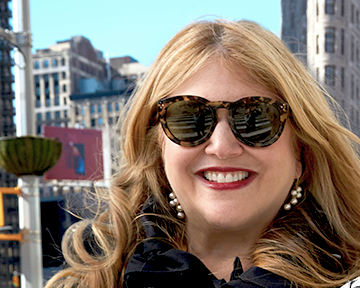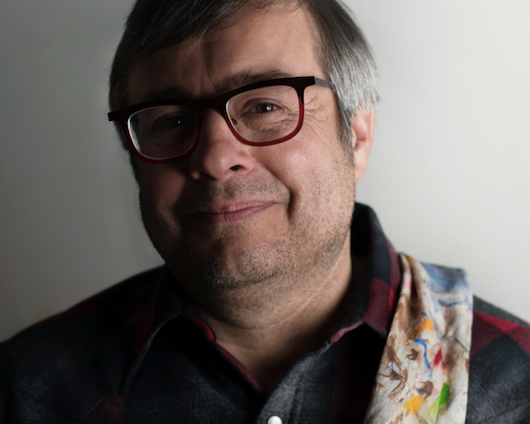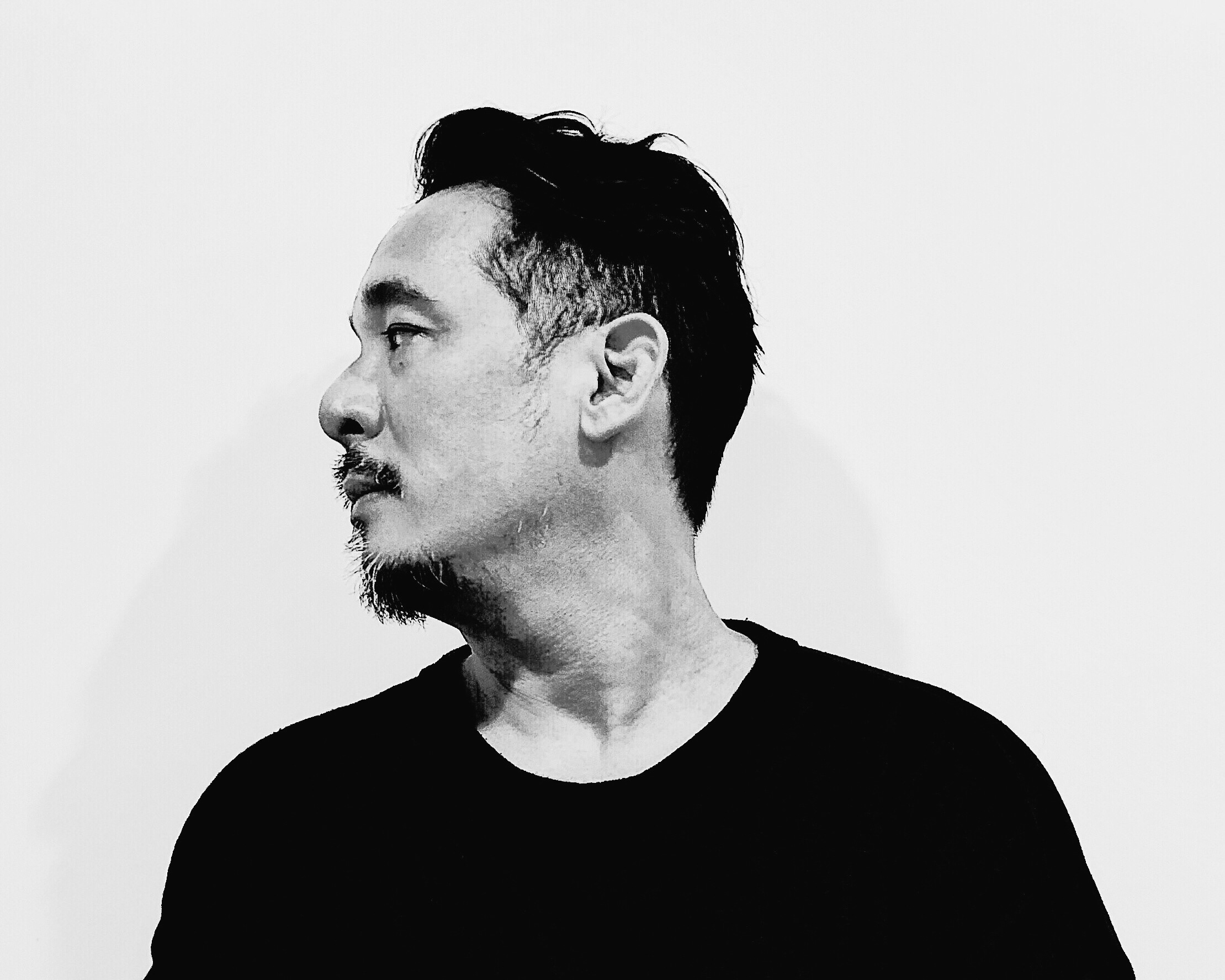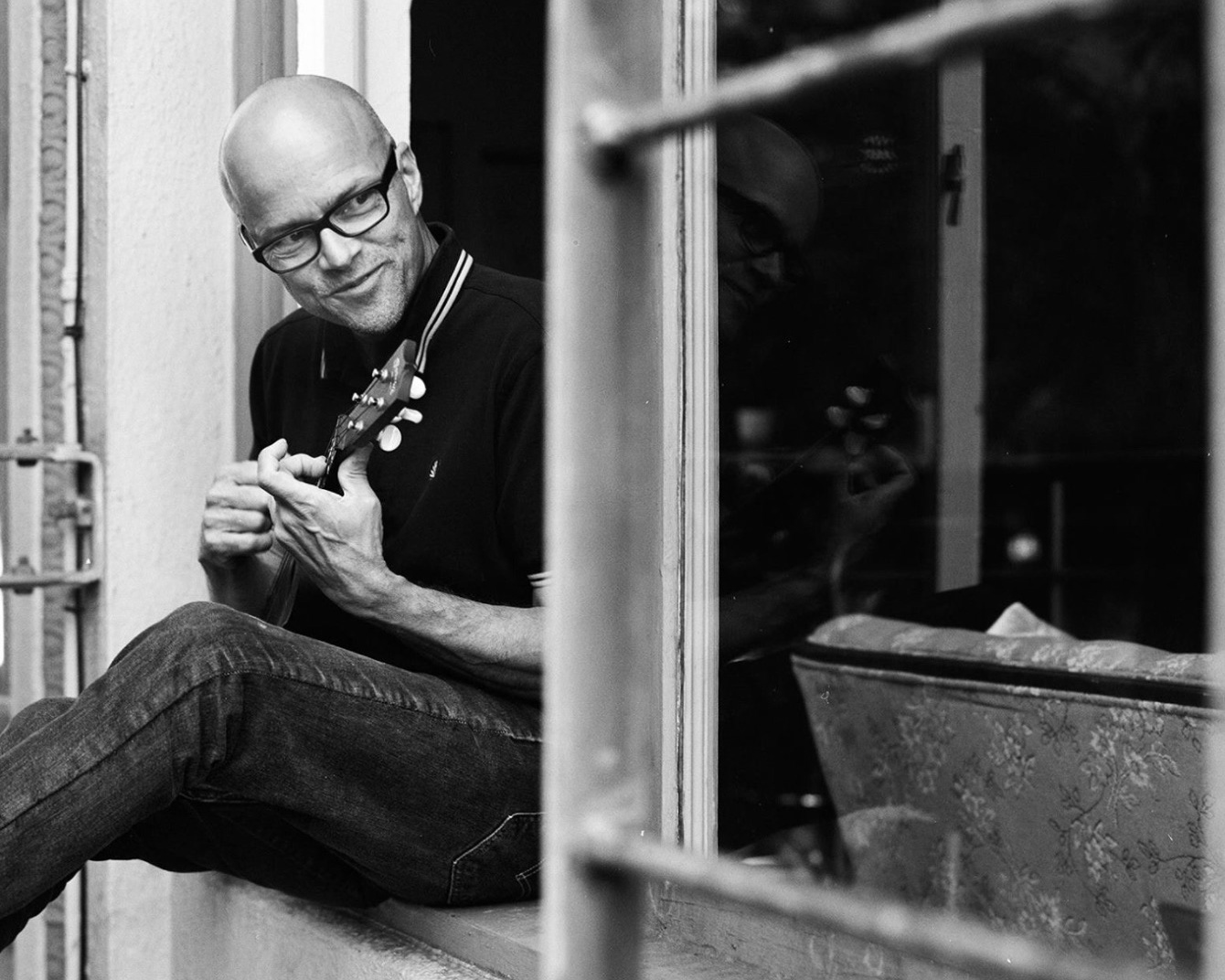Jason is an über talented CD/writer whose work is as entertainingly spot on as his social media commentary. He kicked off his career MSBMS Euro RSCG, which likely still holds the title for most initials in an agency name, way ahead of YR/VML. He went on to create award winning work in Manhattan and Amsterdam – at Merkley + Partners, Publicis and during two stints at Grey – before returning to the freelance world. As avid Facebook fans of Jason, we can tell you family is an important part of Jason’s life. We can also tell you the Jersey Transit is somehow capable of inducing even more stress than advertising. Believe it.
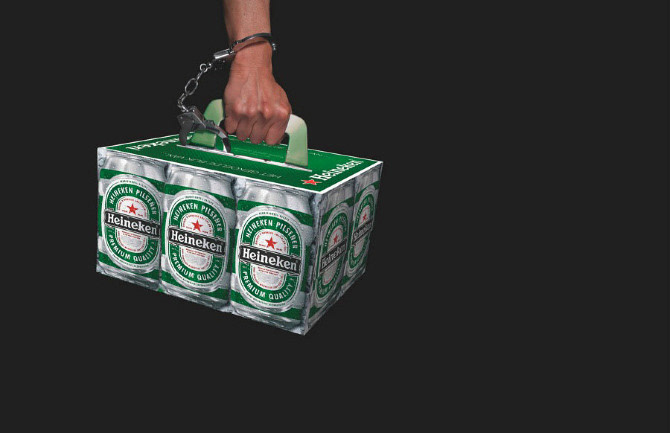
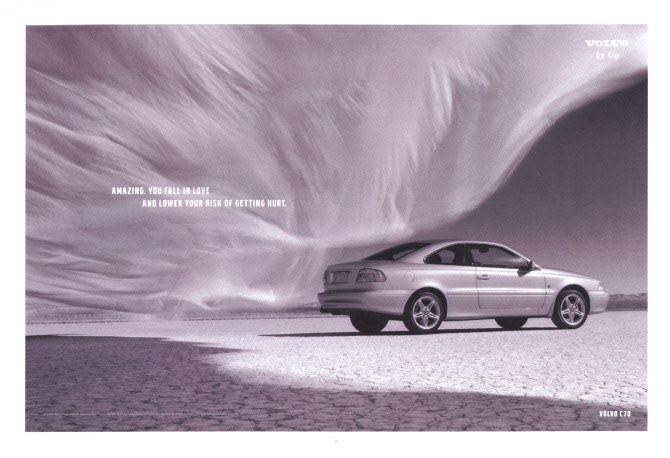

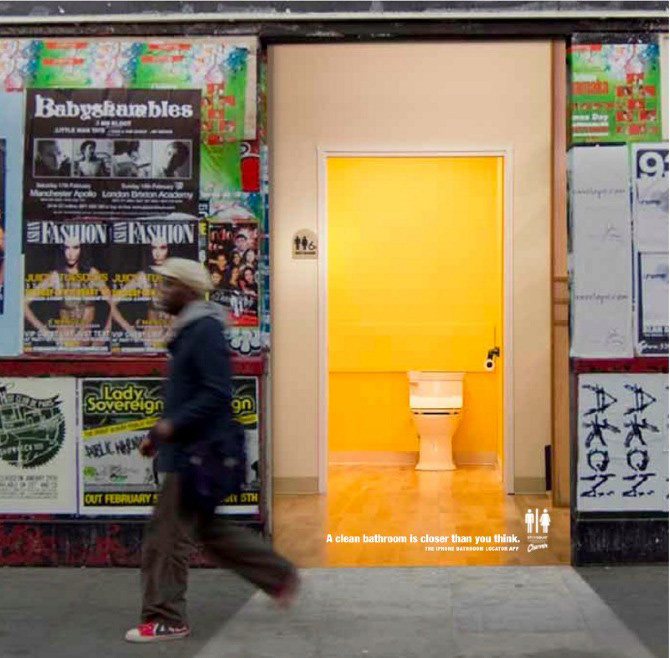
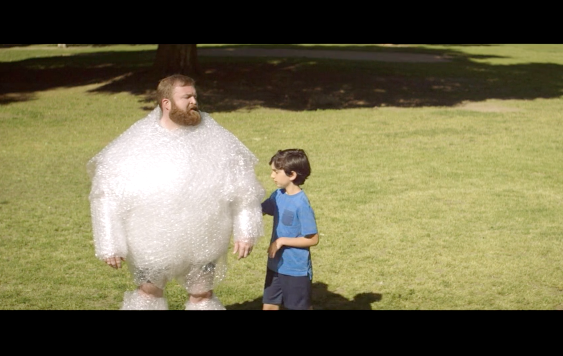
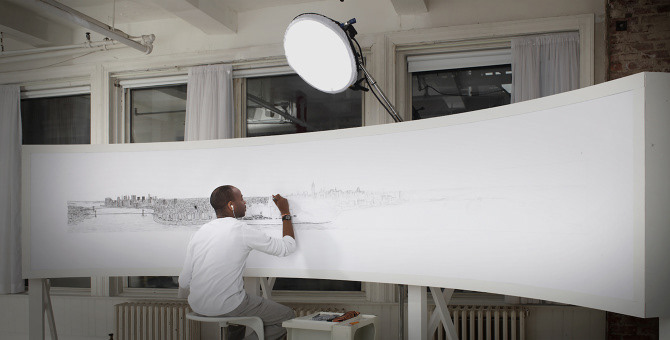
Is ageism in the industry something you thought about in your 30s? Your 40s?
I didn't think about it at all in my 30s. I do worry about it a bit now in my late 40s, but I have just enough of an ego to believe that somehow it'll be different for me and I can suspend time and biases.
Is ageism something that’s affected you? What are some of the challenges you faced as a person who was getting older in the business? Do tell.
It has probably affected me, yes. No one has been direct about it because I'm now closer to 50 than to 45 and there's always the specter of lawsuits to keep people polite.
"No one has been direct about it because I'm now closer to 50 than to 45 and there's always the specter of lawsuits to keep people polite."
Tell us about your own creative journey. What are your thoughts on where you are now, compared to your mindset when you were in the beginning of your career?
I started in account management and my transition to copywriter took a while, so I got a late-ish start compared to some others. Maybe that's why i don't feel as though I've peaked yet. I used to sweat things a whole lot more -- having work killed, not having the "winning" campaign that a client chose. Now I'm more used to the peaks and valleys. Also, having kids knocks "worrying about advertising" down a lot of pegs.
Did the reality of the ad industry contribute to the decisions you made/the path you’ve taken?
The reality of ageism probably didn't contribute to my decisions so much as the reality of holding companyism.
"The reality of ageism probably didn't contribute to my decisions so much as the reality of holding companyism."
What do you feel creative people over 50 can offer over someone 20 years their junior, things that are unappreciated, or just plain overlooked?
Lessons on how to take deep breaths.
What is your advice to people who are nearing or over 40 in the ad industry?
Try not to let bitterness linger. If you have a crappy experience or a tricky client or job that doesn't work out, move on and try to make the next thing better. Grudges are a bad look.
How are you approaching the next 10 years? What does your future hold?
I'm trying to stay young-in-spirit and open to new opportunities. I have no idea what my future holds except a never-ending claim that, this time, I'm really going to lose that extra 15lbs.
What do you see as potential solutions for ageism in the industry? Any thoughts on possibly unionizing?
I'm not sure I have a solution for ageism in our industry, but I think it helps to remember that plenty of leaders in other fields are older and we usually view that as an asset (lawyers, professors, doctors). I don't love the idea of unionizing: I've always thought unions were at their best when protecting people from unsafe working conditions or fighting for people who are vastly underpaid, and while our business can get plenty stressful, it's hardly a coal mine.
"While our business can get plenty stressful, it's hardly a coal mine."
What are some positive things you’ve experienced as you’ve grown older in the business?
I like helping younger creatives a lot. My college advisor said I should be a teacher. Maybe he was right.
Who do you look to for inspiration?
There are some fantastic people in our business, right in front of us, who are handling briefs and managing teams and navigating clients in incredibly smart ways. Outside of our industry, it's almost always music. I've really been amazed lately by the way John Prine can turn a phrase.


